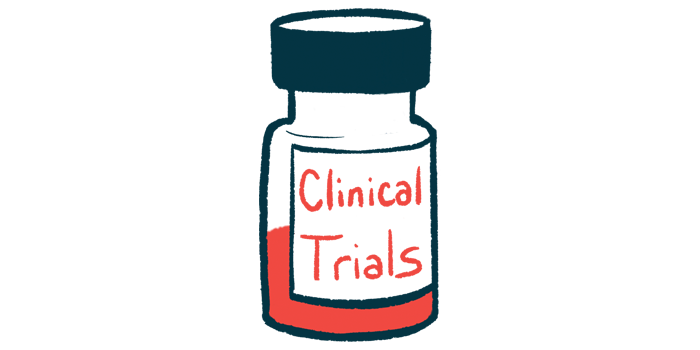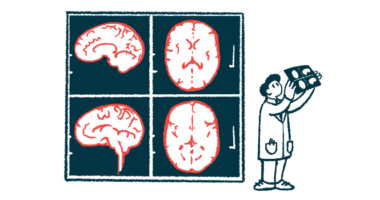Pilot Trial of FGF-1 to Promote Blood Vessel Growth in Brain Planned

Zhittya Genesis Medicine plans to launch what it is calling a “Compassionate Use Clinical Trial” of FGF-1, a biological compound aiming to stimulate new blood vessel growth in the brain, for people with mild-to-moderately severe Parkinson’s disease.
Those interested in joining this open-label (no placebo group) pilot safety and early efficacy trial, possibly opening later this year, can register here. Eligible patients will be contacted and given further information, including the location of trial sites and eligibility criteria.
FGF1 will be administered directly into the brain via the nasal cavity using a proprietary intranasal device, Zhittya reported in a press release. The study’s primary goal is to determine the therapy’s safety profile, but its effects in easing patients’ symptoms will also be assessed.
“Starting this ‘Compassionate Use Clinical Trial’ represents another major step for us and our partners in learning whether our medicine is safe in humans and, if so, whether we can modify the progression of Parkinson’s disease to enhance outcomes for those afflicted by this terrible disease,” said Daniel C. Montano, Zhittya’s CEO.
A growing body of evidence suggests that Parkinson’s disease may arise due to a disruption in blood flow in small blood vessels (micro-vessels) located in brain areas harboring dopamine-producing nerve cells — those that are gradually lost in Parkinson’s — causing a shortage of nutrients and eventually killing these cell, the company reported.
According to this hypothesis, restoring blood flow and stimulating the growth of blood vessels in the brain — a process called angiogenesis — could help to halt or even reverse disease progression.
Zhittya’s investigational biological compound is a proprietary version of the protein fibroblast growth factor 1 (FGF1), a protein that stimulates blood vessel growth. Importantly, it is thought to only act on already damaged or oxygen-deprived cells.
Preclinical data has shown that FGF-1’s use improved motor function and led to the regeneration of dopamine-producing neurons in mice and monkey models of Parkinson’s disease. Animal work was submitted to the U.S. Food and Drug Administration and accepted for review, Zhittya reported on a webpage, making a 2022 clinical trial possible.
“Over the last two decades, we’ve dedicated tremendous resources to reach the point where we can now officially test our hypothesis that Parkinson’s disease is a disorder caused by issues of micro-vascularization within the brain,” Montano said.
“We’ve seen remarkable outcomes in our preclinical animal studies, and we are confident that we’ll see successful results in humans as well,” he added.
Zhittya opened a first clinical trial of its investigational therapy for Parkinson’s disease in Mexico in 2020; its status is not known.
The company will discuss its upcoming study in a Zoom webinar set for Feb. 1 at 3 p.m. Pacific time (6 p.m. Eastern time). To register, please go here.







